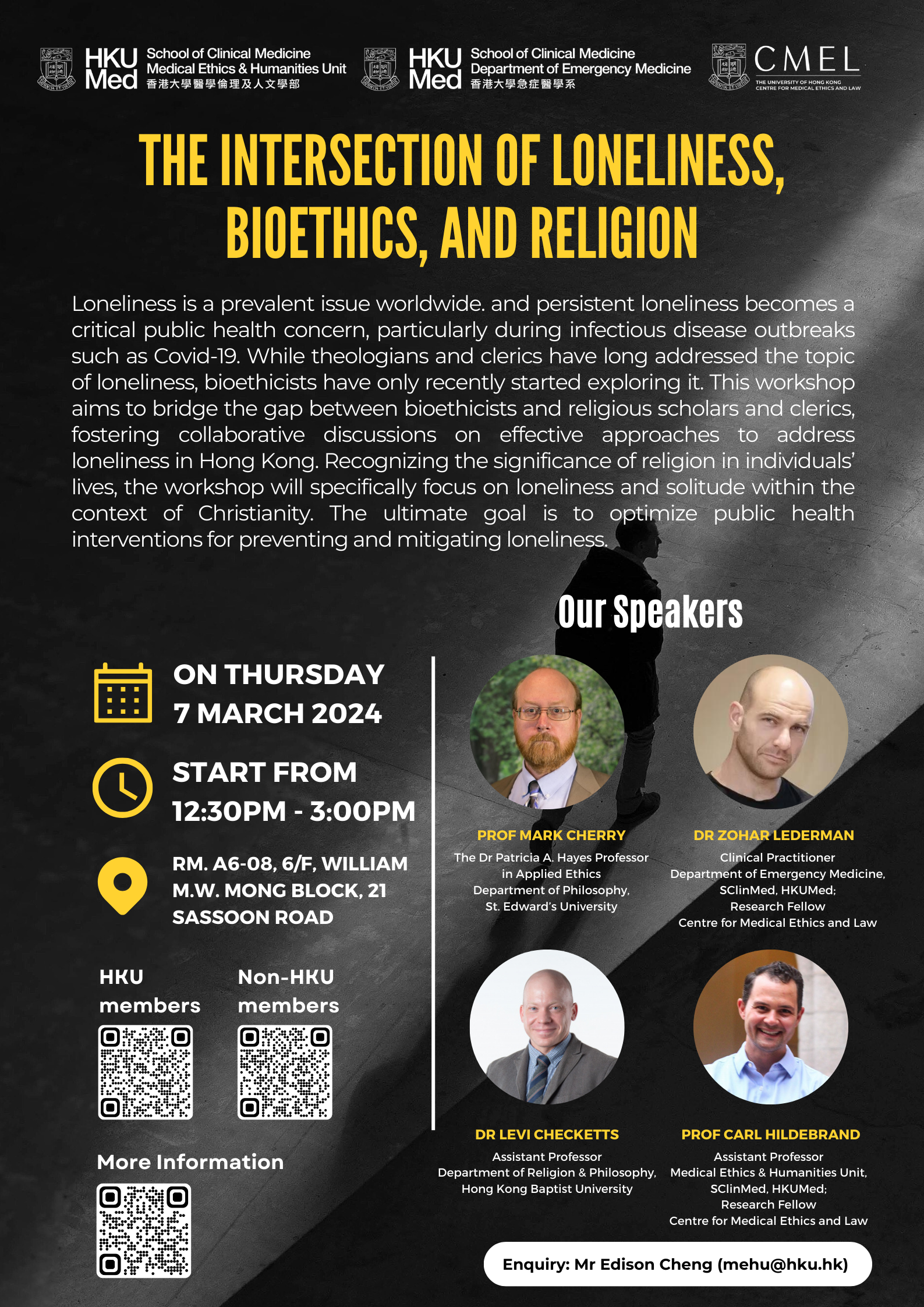The Beatles’ song “Eleanor Rigby” portrays both Eleanor and Father Mackenzie as experiencing loneliness: Eleanor dies alone, and Father Mackenzie delivers a sermon that goes unheard, resulting in nobody being saved.
Loneliness is a prevalent issue worldwide. The BBC Survey has documented a prevalence of up to 40% loneliness among young adults globally. In South-East Asia, approximately 10% of adolescents experience persistent loneliness, while in the Middle East, the figure rises to 15% among adolescents. Among young and middle-aged adults in Northern European countries, the prevalence of loneliness is around 3%, whereas among older adults in these countries, it increases to 5%. In Eastern European countries, the prevalence rates are 7.5% among young adults, 9.6% among middle-aged adults, and 21.3% among older adults. In a study conducted in China with 35,254 participants aged 60 and above, 31% reported experiencing loneliness sometimes, often, or always.
Persistent loneliness not only has high prevalence but also poses significant health risks, including increased chances of cardiovascular disease, stroke, and premature mortality. Additionally, it negatively impacts overall well-being. Consequently, persistent loneliness becomes a critical public health concern, particularly during infectious disease outbreaks such as Covid-19.
While theologians and clerics have long addressed the topic of loneliness, bioethicists have only recently started exploring it. This workshop aims to bridge the gap between bioethicists and religious scholars and clerics, fostering collaborative discussions on effective approaches to address loneliness in Hong Kong. Recognizing the significance of religion in individuals’ lives, the workshop will specifically focus on loneliness and solitude within the context of Christianity. The ultimate goal is to optimize public health interventions for preventing and mitigating loneliness, considering Alfred North Whitehead’s assertion that “Religion is what the individual does with his own solitariness.”
Speakers:
Prof Mark Cherry
Dr. Patricia A. Hayes Professor in Applied Ethics and Professor of Philosophy, St. Edward’s University, Austin, Texas
Dr Zohar Lederman
Clinical Practitioner, Department of Emergency Medicine, SClinMed, HKUMed
Research Fellow, Centre for Medical Ethics and Law
Prof Carl Hildebrand
Assistant Professor, Medical Ethics and Humanities Unit, SClinMed, HKUMed
Research Fellow, Centre for Medical Ethics and Law
Dr Levi Checketts
Assistant Professor
Department of Religion & Philosophy, Hong Kong Baptist University
Programme:
| Time | Event | Speakers |
| 12:30-13:00 | Why Loneliness, why Hong Kong, and why Religion? | Dr Zohar Lederman
Department of Emergency Medicine, SClinMed, HKUMed |
| 13:00-13:30 | Christianity and the Experience of Loneliness | Professor Mark Cherry
The Dr Patricia A. Hayes Professor in Applied Ethics Department of Philosophy, St. Edward’s University |
| 13:30-14:00 | How Philosophical Models of Friendship Can Help Advance Social Connection and Address the Problem of Loneliness
|
Professor Carl Hildebrand
Medical Ethics and Humanities Unit, SClinMed, HKUMed |
| 14:00-14:30 | AI Against Loneliness: A Catholic Perspective | Dr Levi Checketts
Department of Religion & Philosophy, Hong Kong Baptist University |
| 14:30-15:00 | Open discussion |
Co-organisers:
Medical Ethics and Humanities Unit, HKUMed
Department of Emergency Medicine, HKUMed
Centre for Medical Ethics and Law, HKU
Subscribe to our centre:
To stay connected, please subscribe to us by filling out this form.


